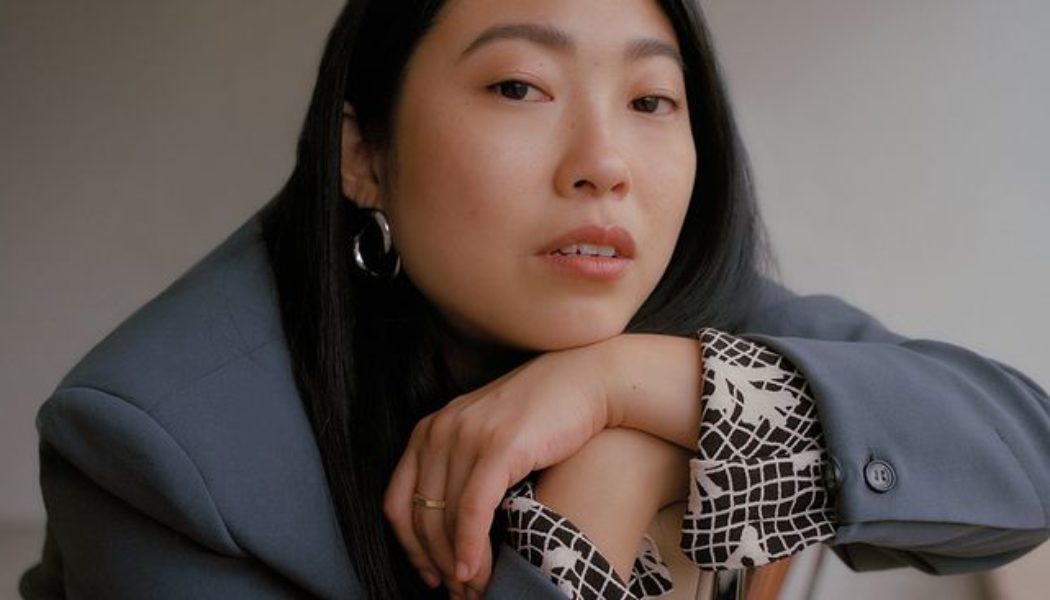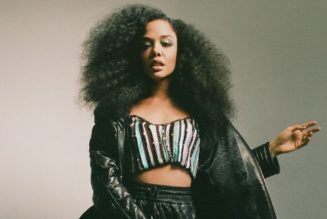
Being the “first” can come with a lot of pressure, though. While representation seems to be growing in Hollywood and we’re starting to see more people of color on our screens, Lum is still one of the few Asian actors in the industry who are considered “household names.” She’s become the face of Asian representation. I imagine it would feel like a burden at times to have that pressure on you, but Lum takes it all in stride. “I’ve said this a lot—when you first start out, you don’t understand why you have to shoulder it for the community. You don’t understand why your choices will reflect this entire community of people that are very diverse, and you just want to be known for yourself,” Lum thoughtfully explains. “What ends up happening is that you’re just gonna end up representing either way. Whether or not you want the burden, the burden is always there. If that is, by any definition, a sacrifice, responsibility, or burden, as you said, then it’s just something you have to take on if you choose to go into this industry. I don’t mind it, because when you are the first or there’s not a lot of you, it’s like you’re pioneering land that has never been touched before. You’re building roads on land that is really hard to build a road on. Sometimes, you have to start from scratch. So that’s why I think that it’s not something that bothers me, really, and that I accept.”
But Lum doesn’t feel the need to put on an act when she’s representing her community. To her, being yourself is the best way to do it. Showing your authentic self and seeing if people find a similarity or relate to you is much better than trying to be someone you’re not. “I do think it’s really important to know that representation really is just telling your own story,” she says. “The Farewell, for instance, literally was an actual event that Lulu simply documented. And she didn’t set out to make an ‘Asian’ movie. She just wanted to make a movie about a story that happened to her. When you’re doing stuff like that, it helps because it’s also personal.”
As for what she wants for the future of representation in Hollywood, she hopes that it continues in the direction of showcasing people behind and in front of the camera that traditionally have not been seen. That includes recognizing that the term “Asian” is a huge umbrella that encompasses a very diverse group of people—not just East Asians—and she hopes that some groups within it can get their proper representation, too. “We want to watch things that reflect our reality. We want to watch experiences that reflect our reality,” she explains. “What we have to understand about this country is that Asian Americans are part of our country’s reality. We are American. The really horrible attacks and just coming off of a really hard year, it really shows that there’s a lack of empathy … and a lack of understanding that we are American. It’s a hard thing.”










